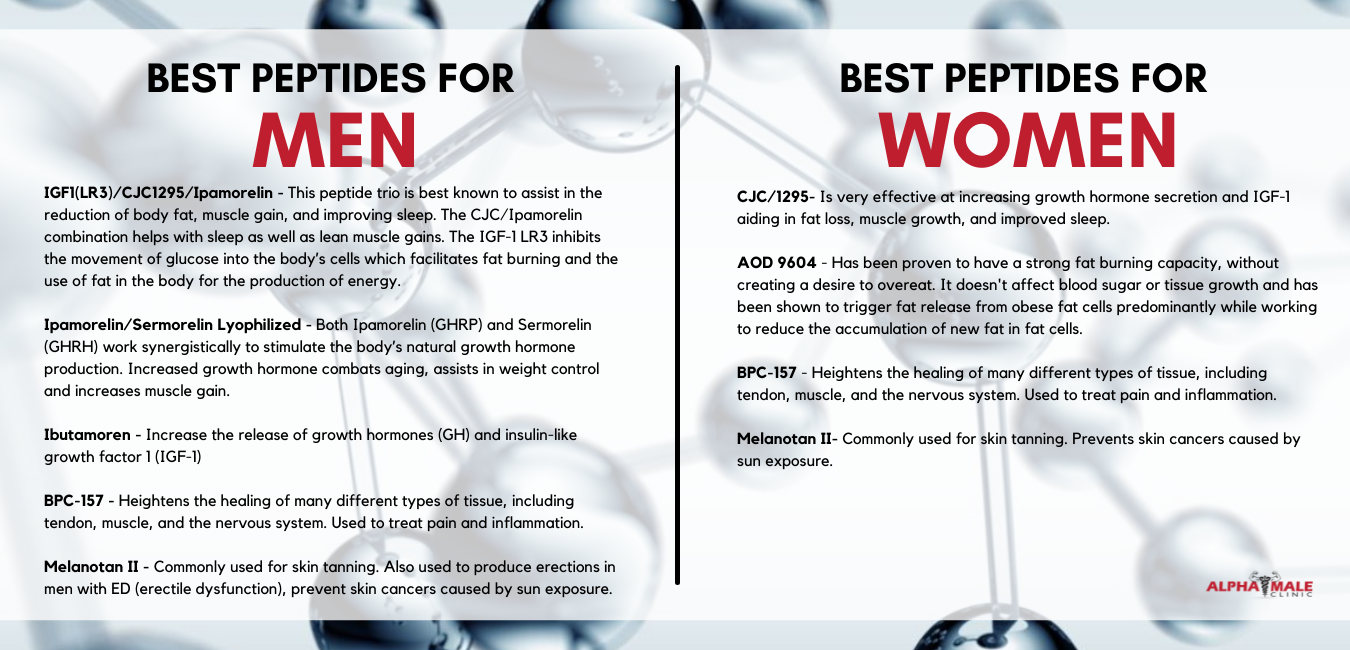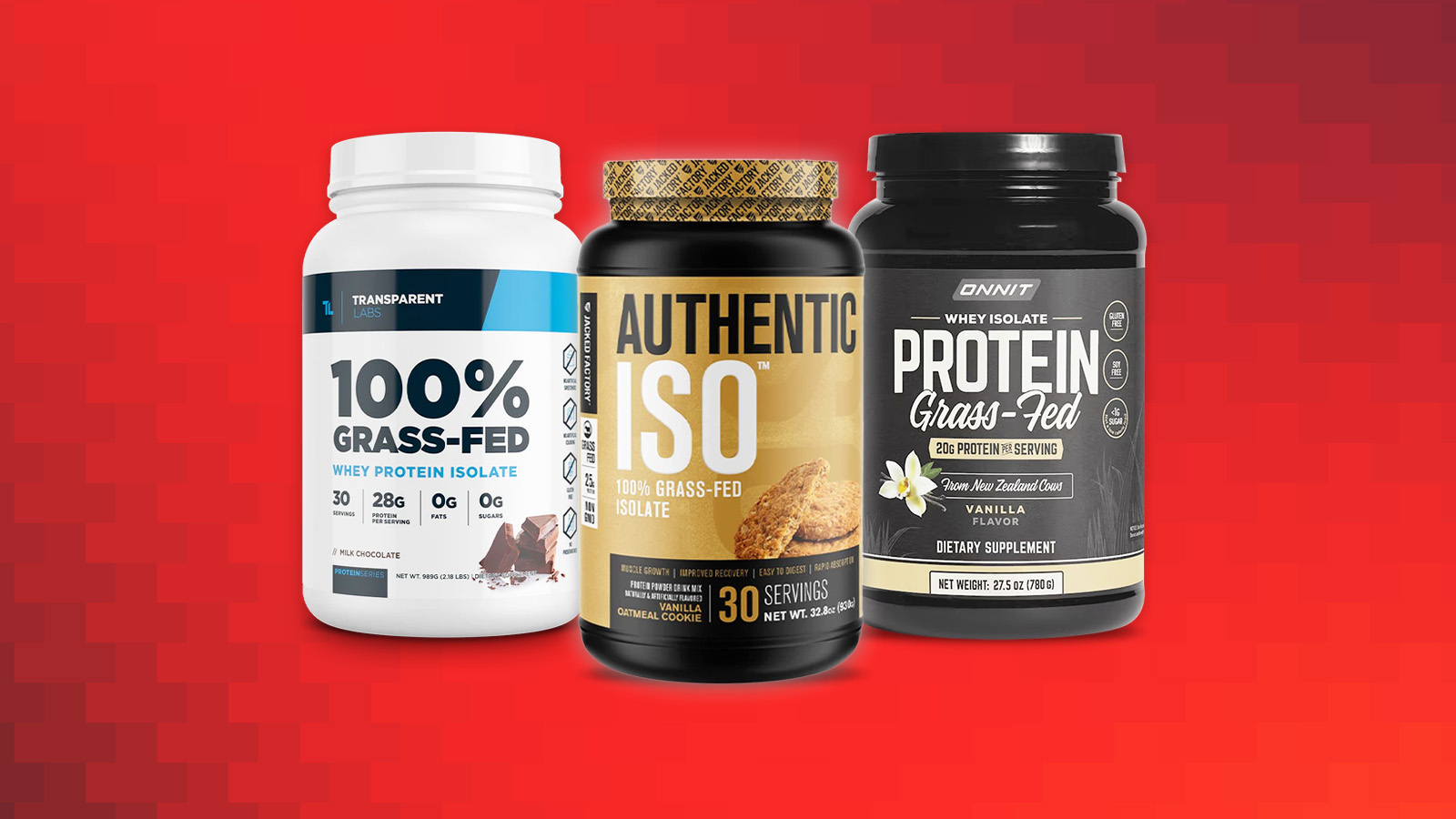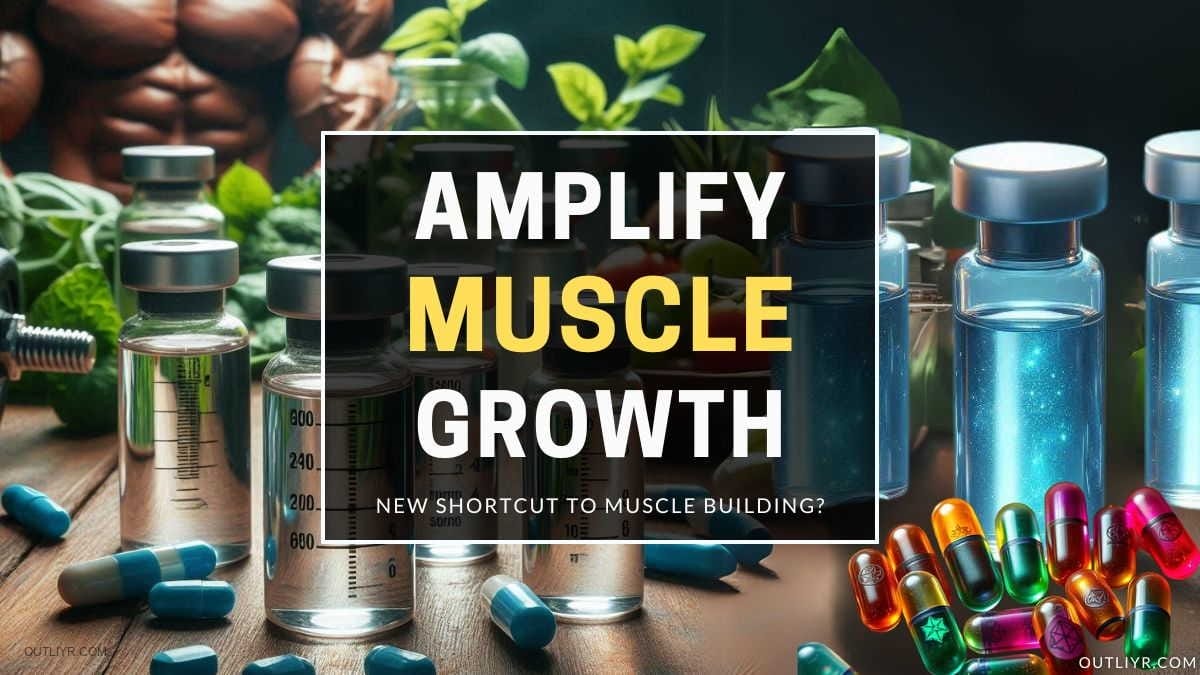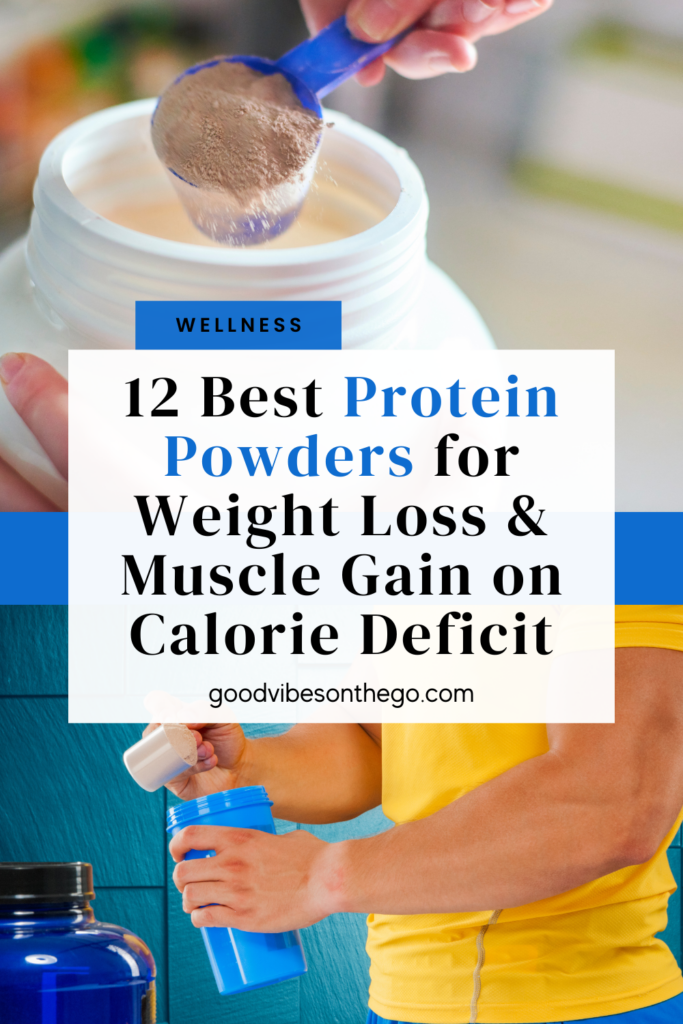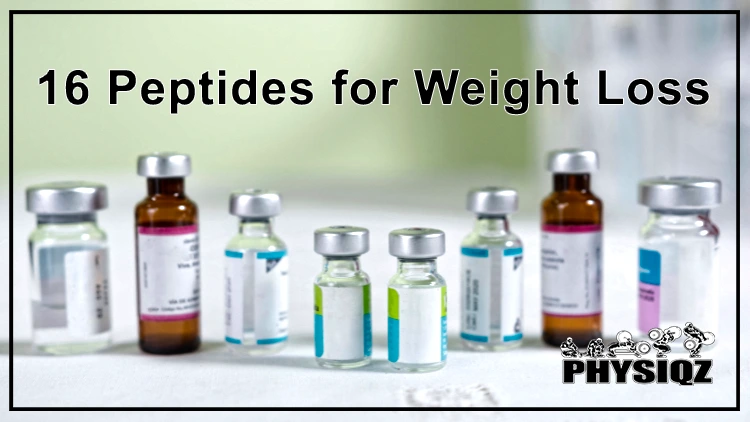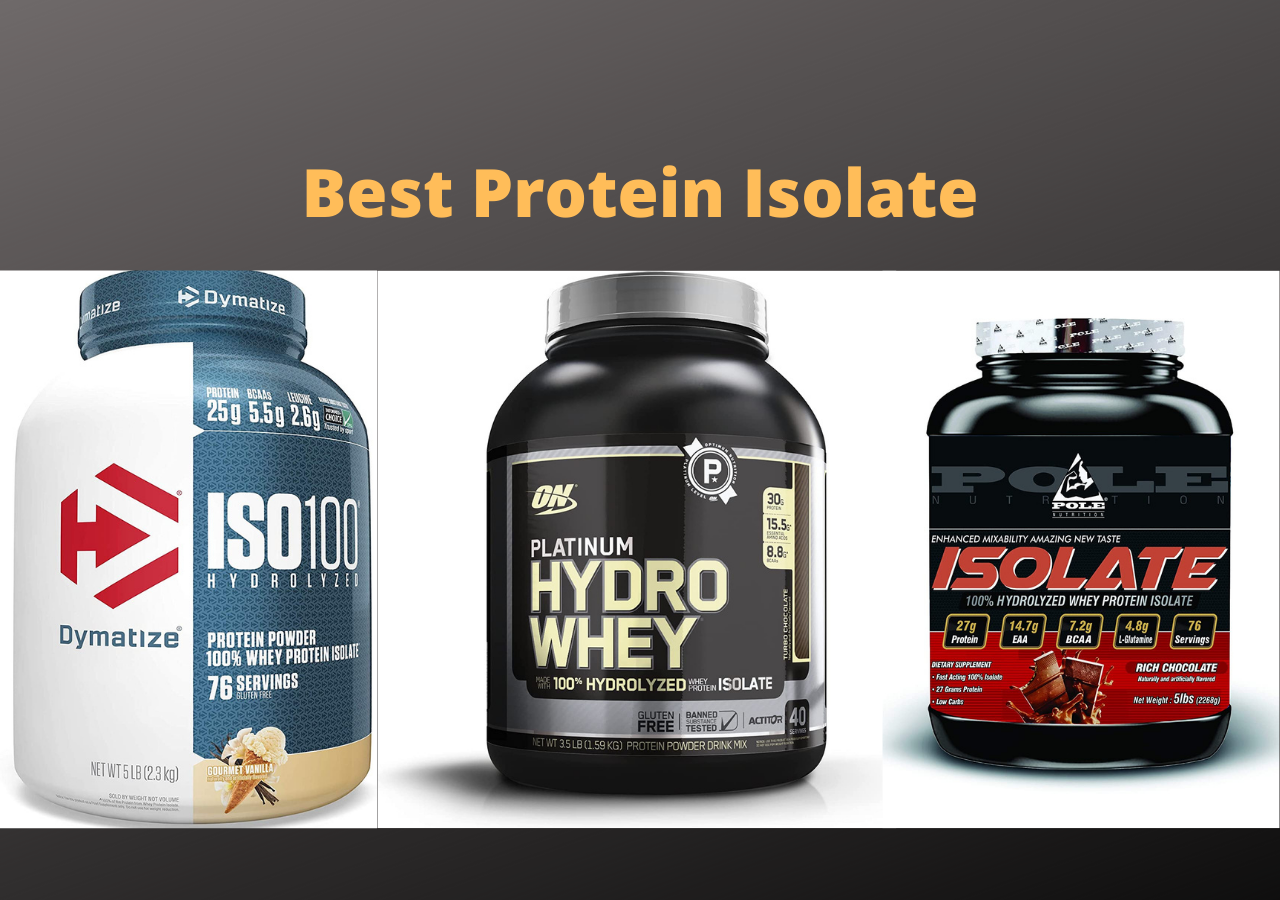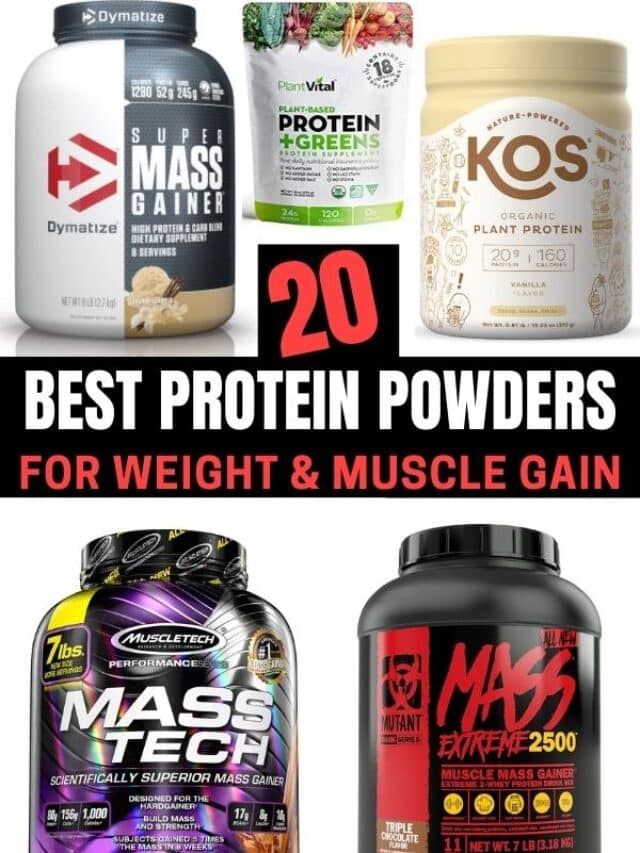Best Peptide For Weight Loss And Muscle Gain
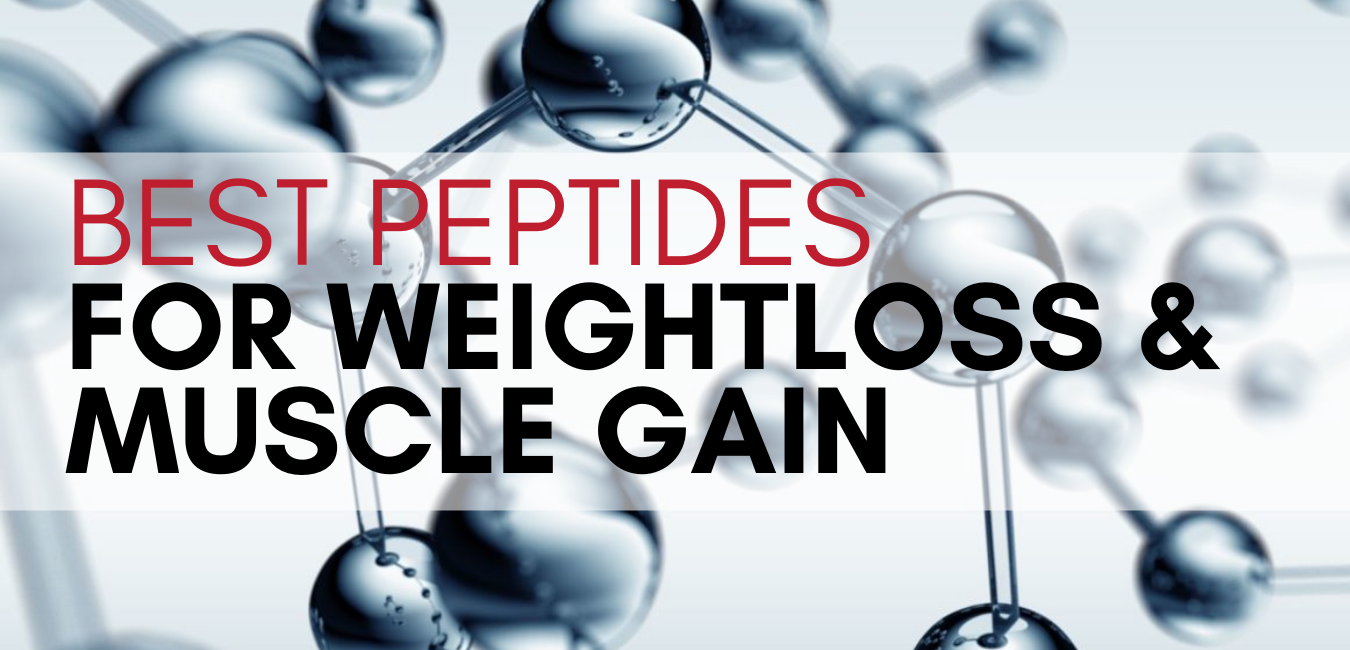
The relentless pursuit of the perfect physique – lean muscle mass coupled with minimal body fat – has fueled countless hours in gyms, restrictive diets, and a burgeoning market for performance-enhancing substances. Among the latest contenders vying for attention are peptides, short chains of amino acids that proponents claim can unlock significant gains in muscle growth and fat loss. But amidst the hype and anecdotal evidence, serious questions remain about their efficacy, safety, and regulatory status, leaving many potential users in a state of cautious uncertainty.
This article dives into the science behind peptides touted for weight loss and muscle gain, examining the available research, scrutinizing the claims made by manufacturers and users, and exploring the potential risks and ethical considerations. It aims to provide a balanced perspective, separating fact from fiction and equipping readers with the information necessary to make informed decisions about these increasingly popular compounds.
The Peptide Promise: What's Being Said?
The peptide landscape is vast and varied, with different compounds purported to offer different benefits. Among the most frequently discussed for weight loss and muscle gain are CJC-1295, Ipamorelin, and AOD-9604. These peptides are often marketed as alternatives to human growth hormone (HGH), with claims of stimulating HGH release and thus promoting fat burning and muscle protein synthesis.
Proponents claim that CJC-1295 and Ipamorelin work synergistically to increase HGH levels, leading to enhanced muscle growth, improved sleep, and reduced body fat. AOD-9604, a modified form of HGH fragment 176-191, is specifically promoted for its lipolytic (fat-burning) effects without the potential negative side effects associated with full HGH administration.
The Science Behind the Claims
The mechanism of action for CJC-1295 and Ipamorelin is based on their ability to stimulate the pituitary gland to release HGH. These are Growth Hormone Releasing Hormone (GHRH) analogs and Growth Hormone Secretagogues (GHS), respectively. AOD-9604 is believed to target fat cells directly, promoting lipolysis and inhibiting lipogenesis (fat storage).
However, it's crucial to acknowledge that much of the research on these peptides is either pre-clinical (i.e., conducted in cell cultures or animal models) or involves small human studies with limited scope. While some studies have shown promising results, such as increased HGH levels or modest reductions in body fat, the long-term effects and optimal dosages remain largely unknown.
Weighing the Evidence: A Critical Look
The available scientific evidence does not unequivocally support the widespread use of these peptides for weight loss and muscle gain. A 2019 review published in the Journal of Clinical Endocrinology & Metabolism cautioned that while some peptides show promise in preclinical studies, more robust clinical trials are needed to confirm their efficacy and safety in humans.
Furthermore, the source and quality of peptides can vary significantly. Many online vendors sell peptides that are not pharmaceutical grade, raising concerns about purity, potency, and potential contamination. Users may not be getting what they pay for, and they could be exposing themselves to unknown health risks.
Potential Risks and Side Effects
While often touted as having fewer side effects than HGH, peptides are not without risk. Common side effects reported by users include injection site reactions (pain, redness, swelling), increased hunger, and water retention. Some individuals may experience more serious side effects such as changes in blood sugar levels, joint pain, and potential cardiovascular complications.
It is important to remember that the long-term effects of peptide use are not well understood. Concerns have been raised about potential impacts on hormone regulation, immune function, and even the risk of cancer. Individuals with pre-existing medical conditions should exercise extreme caution and consult with a qualified healthcare professional before considering peptide therapy.
The Regulatory Landscape: A Gray Area
The regulatory status of peptides is complex and varies depending on the country. In many jurisdictions, peptides are not approved for human use and are classified as research chemicals. This means that they are not subject to the same rigorous quality control standards as pharmaceutical drugs.
The lack of regulation also creates opportunities for unscrupulous vendors to market counterfeit or adulterated products. Athletes and bodybuilders should be particularly wary, as the use of unapproved peptides could violate anti-doping regulations and result in serious consequences.
"The use of peptides for performance enhancement is a growing concern," says Dr. Emily Carter, a sports medicine physician. "Athletes need to be aware of the risks involved, including the potential for adverse health effects and violations of anti-doping rules."
Ethical Considerations and Responsible Use
Beyond the scientific and regulatory issues, there are also ethical considerations to consider. Some argue that using peptides for cosmetic purposes or to gain an unfair advantage in sports is unethical. Others believe that individuals have the right to make their own choices about their bodies, as long as they are fully informed of the risks.
If someone is considering using peptides, they should seek guidance from a qualified healthcare professional who can assess their individual risk factors and provide evidence-based advice. It's also crucial to source peptides from reputable suppliers and to be aware of the legal and ethical implications of their use.
Alternatives and Holistic Approaches
For those seeking to improve their body composition, a holistic approach that emphasizes a healthy diet, regular exercise, and adequate sleep remains the cornerstone. Strength training, in particular, is crucial for building muscle mass, while a balanced diet that is rich in protein and nutrients provides the building blocks for muscle growth and repair.
Before resorting to peptides, individuals should explore all other available options, including working with a registered dietitian or certified personal trainer. These professionals can provide personalized guidance and support to help individuals achieve their fitness goals safely and effectively.
Looking Ahead: The Future of Peptide Research
Research into peptides is ongoing, and future studies may shed more light on their potential benefits and risks. Large-scale, well-controlled clinical trials are needed to determine the efficacy of specific peptides for weight loss and muscle gain, as well as to identify optimal dosages and long-term safety profiles.
In the meantime, caution and critical thinking are essential. The allure of a quick fix should not overshadow the importance of evidence-based decision-making. Individuals should prioritize their health and well-being and avoid relying solely on anecdotal evidence or marketing hype.
The peptide market is likely to continue to evolve, but until more robust scientific evidence emerges, the risks associated with their use may outweigh the potential benefits for many individuals. Ultimately, informed choices, guided by sound medical advice, are paramount in navigating this complex landscape.
